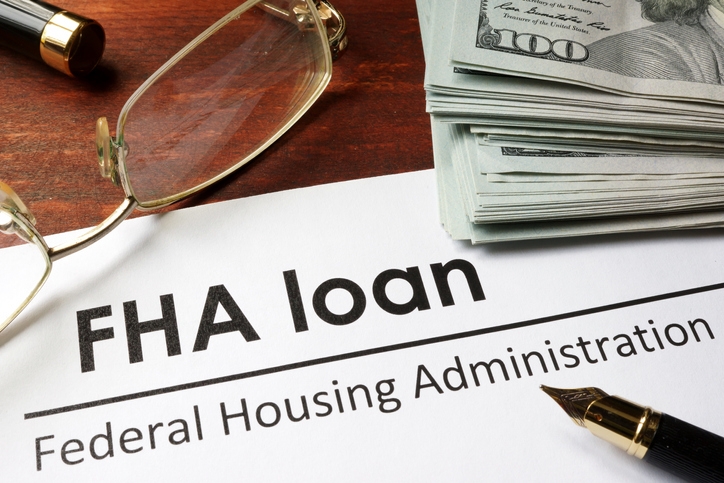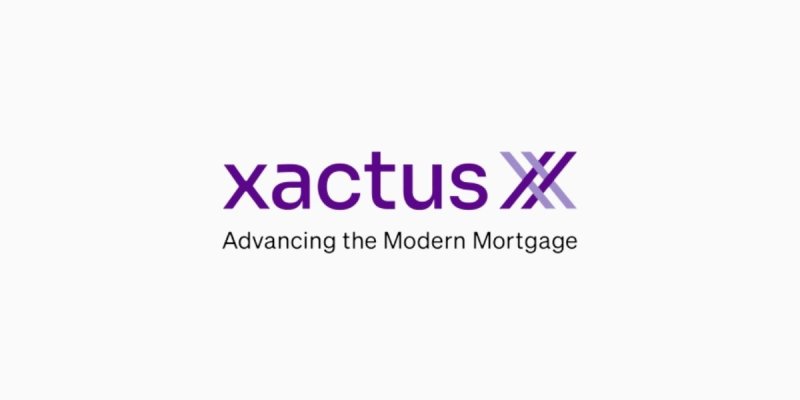
FHA Urged To Modify Proposed Loss-Mitigation Plan

MBA, ABA, NMSA sign joint letter seeking to simplify & clarify the plan, as well as to extend the time to implement it.
The Federal Housing Administration (FHA) on May 31 proposed a new home-retention option to help struggling homeowners meet their mortgage obligations.
A month later, three mortgage-affiliated associations jointly submitted a letter to the FHA asking it to consider specific modifications to the proposal.
The FHA’s proposed Payment Supplemental Partial Claim (PSPC) program, which was posted for feedback, would allow mortgage servicers to use the FHA Partial Claim both to bring a borrower’s mortgage current and to provide temporary reductions to their monthly mortgage payments for up to five years.
It would allow homeowners experiencing financial hardship who are unable to obtain a significant payment reduction with other loss-mitigation options to keep their existing interest rate and reduce their monthly payment temporarily, using funds from the FHA Partial Claim, which is a subordinate zero-interest lien. The homeowners then pay FHA back when they sell their home or refinance.
On June 30, the three associations — Mortgage Bankers Association (MBA), American Bankers Association (ABA), and the National Mortgage Servicing Association (NMSA) — jointly signed a letter to FHA about the proposal.
The associations said they agree with the need for a loss-mitigation solution ”that provides payment relief to seriously delinquent FHA borrowers in a high-rate environment, while protecting Ginnie Mae issuers from losses.”
“However,” the letter continued, “as drafted, the complex and resource-intensive PSPC would significantly increase the operational, compliance, liquidity, and reputational risk for mortgage servicers, while introducing potential harm to borrowers.”
The letter then “strongly: urged the FHFA to make the following adjustments to the proposed policy:
- Simplify and clarify the PSPC by creating a three-year level payment term; prioritizing permanent relief over temporary relief; reinforcing FHA’s traditional use of a prescribed “waterfall” of options; and addressing substantial documentation issues with the PSPC proposal;
- Increase the allowable incentive to $3,500 to protect servicers’ liquidity positions in today’s market and the value of Ginnie Mae MSRs actively being transferred among program participants; and
- Establish the mandatory compliance date for servicers at 12 months after the publication date of the Draft ML.
In requesting these changes, the associations say they would produce the “the best execution of the PSPC for borrowers.”
The letter adds that the associations and their members “remain committed to partnering with FHA to deliver assistance to borrowers. As highlighted in MBA’s Future of Loss Mitigation white paper, ‘mortgage servicers are the most important conduit for relief for distressed borrowers and the primary means by which they can recover financially and remain in their homes. To accomplish this, servicers must have the resources to ensure borrowers receive timely and durable assistance to avoid foreclosure.’”
The letter states that, to achieve the goal of “creating a workable program that assists struggling borrowers,” the FHA must change the draft proposal by simplifying the PSPC, increasing the incentive amount, and providing more time to implement it.
“The associations urge FHA to observe lessons learned from the pandemic, where servicers successfully delivered loss-mitigation assistance to borrowers throughout the pandemic because of the ability to implement scalable processes, including self-service technology.”
In addition to the suggestions from the three associations, a mortgage-industry legal expert has questioned whether FHA has the statutory authority to implement the program.
Peter Idziak, a senior associate with the mortgage law firm Polunsky Beitel Green in San Antonio, Texas, questioned whether FHA, which is part of the U.S. Department of Housing and Urban Development (HUD), has the authority to offer the program.
“The National Housing Act only allows HUD to pay partial claims for arrearages and principal reductions,” he said. “The monthly payment subsidies under the new Payment Supplement Partial Claim appear to be neither, so it’s a bit of an open question whether HUD actually has the statutory authority to implement this program.”
Idziak said it also could be argued that the new modification program runs counter to the department’s goal of increasing access to housing for potential homeowners.
“Although avoiding foreclosure may be advantageous for existing FHA borrowers, this new modification program will likely make it more difficult for potential first-time homebuyers to become homeowners, because it will reduce foreclosures and further restrict the already limited housing supply,” he said.




